

2708-9517
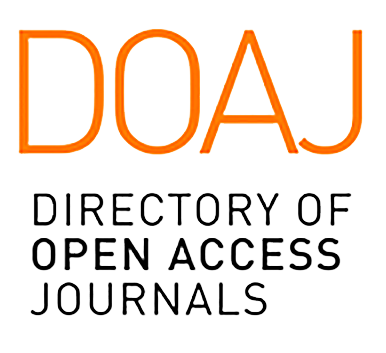
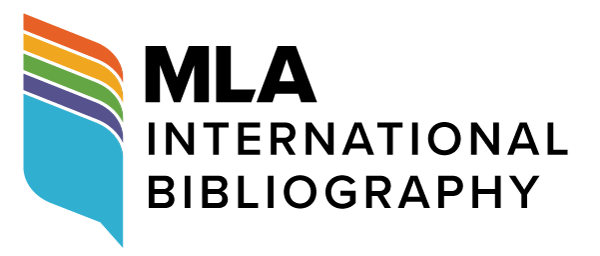
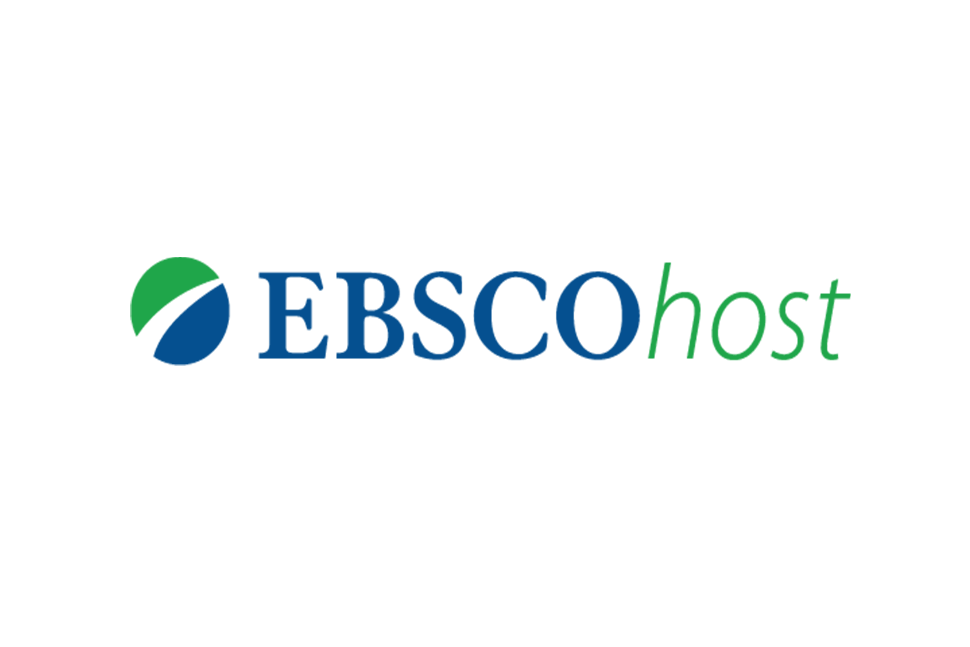
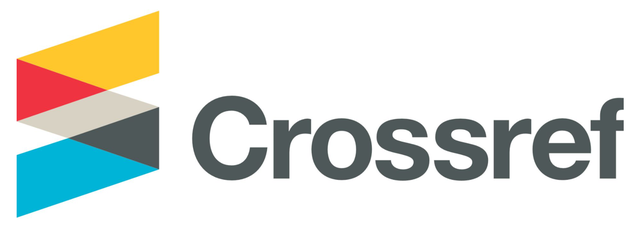

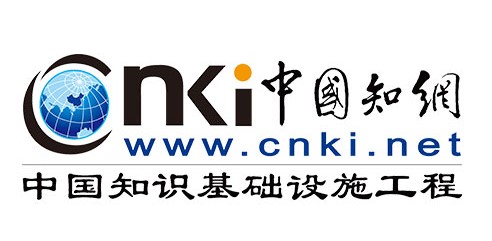
MLA Directory of Periodicals
REAO: East Asian Studies Journals
EBSCO Education
DOAJ
ProQuest
Google Scholar
Semantic Scholar
ROAD
BASE
Helka Helsinki Library
Baidu Scholar
Ex Libris
Jouroscope
US Department of Commerce Research Library
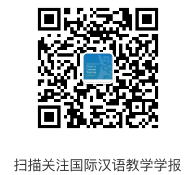
Jingbin Shu
Southwest University, China
Abstract
Peer feedback has been widely used in English as a foreign language writing, but rarely in CSL (Chinese as a second language) students’ academic Chinese writing. In order to explore the effectiveness of peer feedback in teaching of academic Chinese writing, this study was conducted among junior CSL students (n=16) majoring in TCSOL (teaching Chinese to speakers of other languages) at International College of Southwest University. Multiple sources of data were collected, including peer feedback rubric, classroom observation, semi-structured interviews and student assignments. Data analyses revealed that, firstly, according to peer feedback rubric, students paid most attention to language, less attention to structure and least attention to content, they focused on the use of vocabularies, grammar and punctuation in language, and focused on cohesion and coherence, completeness and moderation of content in structure and content. By comparing students’ first draft and second graft assignments, it was found that the effect of peer feedback on improving students’ academic writing performance was slight, but it could cultivate students’ abilities to discover, analyze and solve problems, improve students’ thinking abilities, stimulate students’ awareness of selfpreparation and learning autonomy, train students’ awareness of self-reflection. Secondly, the effect of peer feedback was susceptible to student’s Chinese proficiency and writing knowledge, personality, social culture of native country and academic authority hierarchy. Among them, student’s Chinese proficiency and writing knowledge affected the breadth and depth of evaluation, personality, social culture of native country and academic authority hierarchy affected the subjective willingness and enthusiasm of evaluators.
Keywords
Peer feedback, teaching of academic Chinese writing, effectiveness, influencing factors
学术汉语写作教学中同伴互评的有效性探究
舒敬斌
西南大学,中国
摘要
研究以西南大学汉语专业留学生为对象,将同伴互评应用于学术汉语写作教学,通过教学实验、课堂观察、访谈等方法,对同伴互评的有效性进行了探究,结果发现 :学生对学术写作的语言问题关注最多,其后依次是结构和内容问题。通过对比学生两稿作业发现,同伴互评对提高学生学术写作表现的作用较小,但学生普遍对同伴互评持正向态度,认为同伴互评能够培养学生发现、分析和解决问题的能力,提升学生思考能力,激发学生自主学习和自我反思的意识。同伴互评的有效性易受学生的汉语水平和写作知识、性格、母语的社会文化、学习等级观念等影响,其中,汉语水平和写作知识影响评价的广度与深度,性格、母语的社会文化和学习等级观念影响评价者的积极性。
关键词
同伴互评,学术汉语写作教学,有效性,影响因素